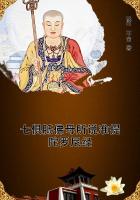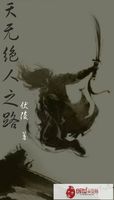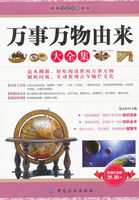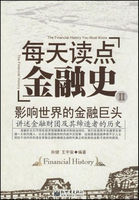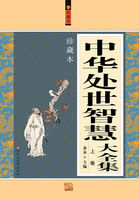According to the terms of this Peace the Huguenots were allowed free exercise of their religion in France with the sole exception of the capital. They were not to be excluded from any office of the state, and four of the strongest fortresses of the country, La Rochelle, Montauban, Cognac, and La Charite were to be delivered to them for their protection and as a guarantee of good faith. The whole policy of Charles IX. underwent a complete change. Obsessed with the idea that the Catholic party, led by the Duke of Anjou, was becoming too powerful to be trusted, he turned to Coligny and the Calvinists, broke off the alliance concluded with Spain the previous year, and sought to bring over France to the side of England and of the rebel subjects of Spain in the Netherlands. Coligny was invited to court, where he soon became the most trusted and influential councillor of the king. He endeavoured to embitter the mind of Charles IX. against his mother, against the Duke of Anjou and the family of Guise. No effort was spared by him to bring France into the closest relations with England and the Netherlands against Spain, and as a sign of the reconciliation that had been effected between the court and the Huguenots a marriage was arranged between Henry, the Calvinist King of Navarre and Margaret of Valois, the sister of Charles IX.
The Catholics were highly indignant at this sudden change of policy.
Mindful of the misfortunes brought upon their country by the Huguenots and of the losses and cruelties they had suffered at the hands of this implacable minority, they resented the domination of Coligny, whom they regarded as their most dangerous enemy, and they were embittered by the thought that the victories they had won at so much cost had resulted only in their own downfall and in the triumph of their worst enemies. Catharine de' Medici, the queen-mother, felt more acutely than the rest the influence of Coligny. She believed that he was using his power to alienate the young king from herself, and to win him from the policy she had advocated. She was only waiting an opportunity to wreak her vengeance on Coligny and the whole Huguenot party, knowing well as she did that she could count upon the popular feeling of the nation to support her.
The opportunity came on the occasion of the marriage between the King of Navarre and Margaret of Valois. The leading Calvinists anxious to take part in the ceremony flocked to Paris, where they and their followers paraded the streets armed to the teeth and with the air of conquerors. Catharine de' Medici took steps to secure the murder of Coligny on the 22nd August, 1572, but the attempt failed. Such a step served, however, to embitter feelings on both sides, and to arouse the queen-mother to make one final effort for the destruction of her Huguenot opponents. In an audience with the king she represented to him that the Calvinists were plotting to take his life, and that the only way to secure himself against them was to anticipate them. In view of the previous history of the party and the suspicious temperament of the king, it required little to convince him of the truth of this allegation, and at last he signed an order that on a certain pre-arranged signal having been given the soldiers should let loose on the Huguenots. On the night preceding the feast of St.
Bartholomew (23-24 Aug.) the bells of the church of St. Germain-en-Laye were rung, and the troops sallied forth to carry out their instructions. Rumours of a Huguenot plot had been spread through the city. The people were alarmed, and the general body of the citizens took up arms to support the soldiers. In the melee that followed over a thousand Calvinists including Coligny were put to death. The movement spread through the provinces where about the same number suffered as in the capital, though many of the Catholic clergy, as for example, the Bishop of Lisieux, exerted themselves to put an end to the butchery.
This event is known in history as the massacre of St. Bartholomew. The massacre was in no sense a premeditated affair. It was a sudden outburst of popular indignation brought about by the machinations of the queen-mother, and was neither encouraged nor approved by the bishops of the Catholic Church. The king presented himself before the Parliament of Paris on the day following the massacre, and declared that he alone was responsible for what had happened. He explained that a plot had been formed against his life and that he had taken the only measures that it was possible for him to take. This was the account of the affair that was forwarded to the French diplomatic representatives abroad, and which they gave at all courts to which they were accredited. Gregory XIII., acting on the report of the French ambassador, ordered that a /Te Deum/ should be sung in thanksgiving for the safety of the king and royal family, and not, as has been so often alleged, as a sign of rejoicing for the murder of the Calvinists. On the contrary he was deeply pained when he learned the true state of affairs. The massacre of St. Bartholomew was indeed unjustifiable, but it was done neither to promote religion nor at the instigation of the Church. It was merely political in its object as far as the king and the queen-mother were concerned, and it was a sudden popular outburst in so far as the citizens of Paris or the people of the country took part in it. In judging the responsibility and blame for what took place nobody can put out of mind the terrible excesses, of which the Huguenots had been guilty during their long struggle against their own countrymen. The German Lutherans, who looked upon the slaughter as a judgment from Heaven on the Calvinist heretics, were rejoiced at their execution.[8]




